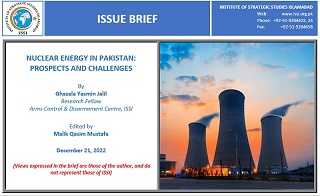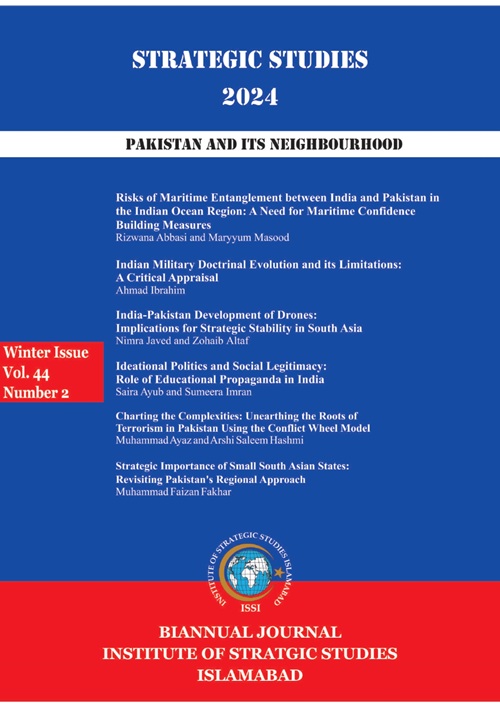Two critical events have brought into focus the need for clean and green energy sources. The first is the Ukraine conflict and the energy crunch that the world is facing as a result. The second is the catastrophic consequences of Climate Change that Pakistan has faced in the form of floods in the last few months whereby a third of Pakistan is under water and more than 33 million people have been affected. Pakistan is one of the countries responsible for 0.4 per cent of global carbon emissions but is ranked as the eighth most vulnerable to Climate Change. Nuclear power is a relatively cheap, renewable energy source that produces very little carbon emissions. Nuclear power is 9.8 per cent of the global energy mix. In recent years, there has been a resurgence in developing the nuclear energy sector globally. Pakistan is also working to increase its share of nuclear energy in the total energy mix. Other power generation sources in Pakistan are hydro, thermal, natural gas, coal, wind and solar. Presently Pakistan’s nuclear energy in the overall mix is 12 per cent. Nuclear power has the potential to contribute more to the national grid if it is invested in. Given current Climate Change challenges, it is pertinent to carry out an appraisal of nuclear energy in Pakistan. It is important to assess how many nuclear power plants Pakistan operates and has under construction, as well as its nuclear energy outlook in the coming decades.
Home ISSI Publications Articles Issue Briefs Issue Brief on “Nuclear Energy in Pakistan: Prospects and Challenges”















